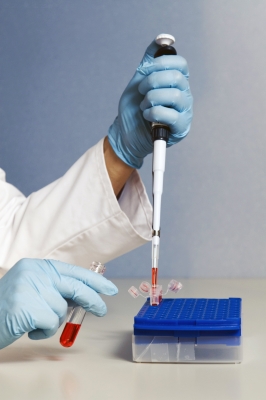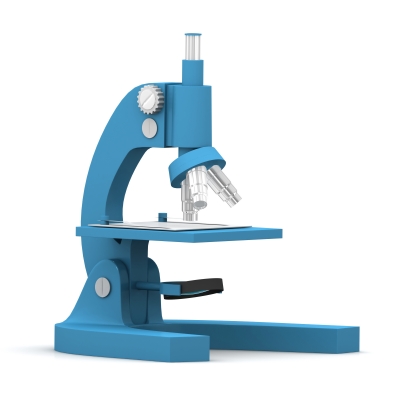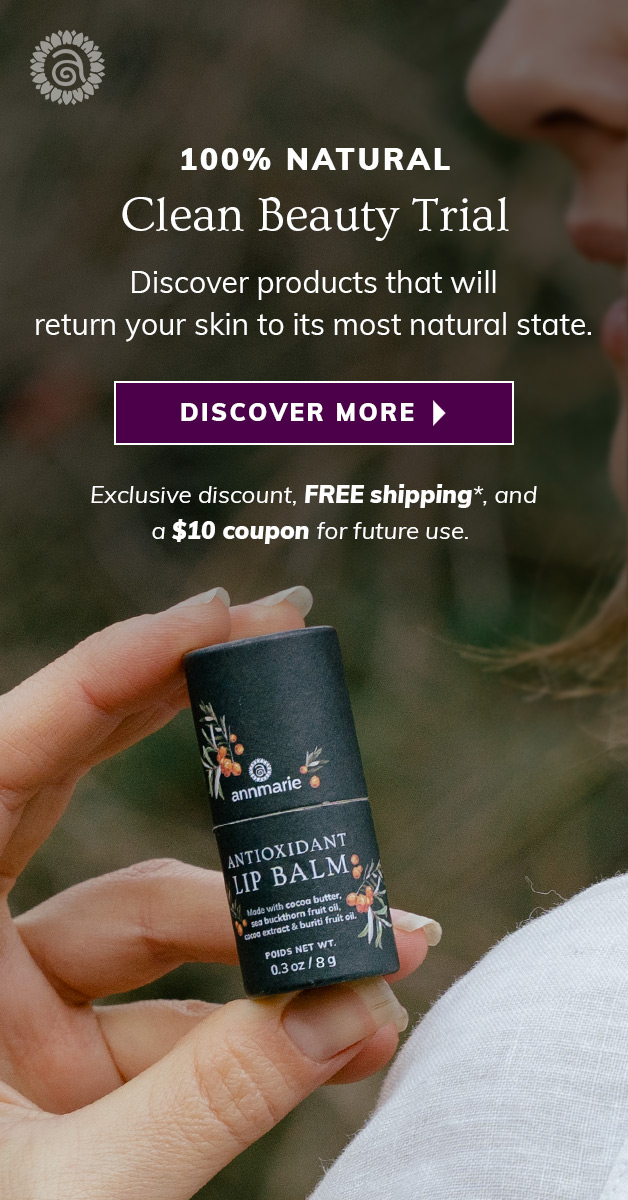What is an article about aspartame side effects doing on a website about natural organic skin care?
Well, if a healthy diet shows in the way our skin looks, there’s something to say about ingesting poison. People are using loads of this substance – working in a coffee shack actually made me notice – yet no one seems to realise how toxic aspartame is to the system. The story of this artificial sweetener is so crazy, that everyone should be informed. Gosh, I really can’t stand crooked politics. (Is there any other kind…?) Please inform everyone you know about the way in which aspartame ended up in our products.
Many people trust that if a substance is allowed by the FDA, the Food and Drug Administration, it is safe and there is no need to worry and the FDA has labelled aspartame as safe.
Aspartame is everywhere – in chewing gum, in toothpaste, in light drinks and light food. It is not hard to find out more about aspartame side effects online, but it requires some time and digging. Just browse through the overview on this page and judge for yourself if aspartame is really a safe product to use. You will be left wondering why the FDA has ever allowed it in the first place.
When tracking scientific studies as a layperson, it can be difficult to navigate through the data. It’s as if for every discovery you will be able to find a statement that proves exactly the contrary, making it hard to come to your own conclusion.
When looking into the dangers of aspartame, one thing stands out.
The studies stating that aspartame is dangerous and harmful were independant and the studies showing that it is safe were conducted by the people who sell aspartame.
 The Discovery & First Use of Aspartame
The Discovery & First Use of Aspartame
- Aspartame was discovered by accident in 1965 by a pharmaceutical company called G.D. Searle. Five years later an American neuro-scientist discovers that it causes brain damage in mice.
- The FDA allows a limited amount of aspartame in food at first, but recalls that decision shortly after and more research on rats shows a link between aspartame and brain tumors.
- Early 1981, the republican candidate Ronald Reagan is elected president of the United States. Donald Rumsfeld, who is also director of G.D. Searle, has been donating a lot of money to the republican party. He immediately files a request for complete allowance of aspartame by the FDA. Several months later, halfway through 1981, the FDA allows the use of aspartame in food. (with an acceptable daily intake of 50 mg per kilo body weight)
- Less than two years later, the use of aspartame in drinks is also allowed by the FDA.
- In 1985 the EFSA, the European Food Safety Authority, allows it too, giving aspartame the E-number E-951.
- A few years later again, the FDA reports that the pharmaceutical company G.D. Searle has not been supplying them with all the data about aspartame and that G.D. Searle’s research experiments were poorly conducted and incomplete. You would think this would lead to some type of re-evaluation, however no further action is taken.
- In 1998 an American clinical psychologist by the name of Ralph Walton analyses 166 different researches on possible aspartame side effects. The experiments that have been sponsored by the industry all show aspartame to be safe. Looking at the independant experiments, 91 percent of them conclude it is not safe at all.
- During the last decade, more questions have arisen here and there about the safety of aspartame in different countries. Some more recent independant experiments have shown a clear link between aspartame and cancer. Politicians constistantly hide behind the (biased) research results the industry has published, while the FDA and the EFSA stubbornly keep saying that no further research on aspartame side effects is necessary and that the amounts actually allowed in our food are safe for the consumer.
Clearly, the instances supposed to protect us from the possibly dangerous aspartame side effects are not doing so.
 Aspartame Side Effects: Health Threatening Sweetness
Aspartame Side Effects: Health Threatening Sweetness
There is no delicate way to say what aspartame does to the human body. A lot of the experiments around aspartame side effects have been done on rats, because they have a metabolism similar to humans. (poor things)
- Obesity is one of the results of the consumption of aspartame. As much as sugar contains calories and some people can not eat it due to other health problems like diabetes, switching to aspartame will not do you any good. Studies with humans show that people who consume aspartame instead of sugar and light products instead of regular ones are more likely to gain weight!
How do scientists explain that?
The human body seems to have a certain mechanism that is aware of the caloric value of sugar and fat, which refrains us from eating too much of those highly energetic nutrients. When you start using aspartame instead of sugar, the body doesn’t identify that chemical substance and you end up eating way more sweetness than you would with regular sugar. Even later, if you were to switch back to normal sugar, the inherent mechanism has gotten so confused that it is no longer capable of doing what it used to do – detecting your sugar intake – making you eat too much sugar then, as a result.
- Aspartame has been linked to brain damage in rats. It is toxic to the brain and inhibits the growth of nerve cells, even at low dosage. (meaning a dosage comparable to the amount of aspartame in just one can of soda) The effects are even worse in combination with other additives like colorants.
- People suffering from mood swings or depression are seriously affected by aspartame.
- Aspartame not only increases the frequency and length of epileptic seizures, it can also provoke seizures in people who aren’t known to have epilepsy.
- With the now proven effects of aspartame on brain cells and nerve cells, scientists are linking it to the drastic and steady increase in neurological and behavioral disorders many young people and children are suffering from these days. Because regular consumption of a small amount of aspartame can lead to memory loss, it could have a considerable effect on learning and emotional skills.
- Cancer is one of the most important dangers of aspartame. Striking is that the effects of aspartame occur with an intake of small amounts, similar to or far below the FDA’s acceptable daily intake of 50 mg per kilo body weight! This goes for all the other health problems mentioned above as well. Experiments on rats again, showed a huge increase of lymphomas, leukemia and malignant tumors after years of research. The higher the amount of aspartame ingested, the more dramatic the results were. However, their main conclusion was that aspartame is a multipotential carcinogen substance at a dose as low as 20 mg per kilo body weight, which is far less than the allowed limit. Exposure of pregnant rats and their embryo’s to aspartame showed an even higher cancer rate in the little ones, especially breast cancer in the female rats.
The FDA has been holding back information on aspartame side effects.
With the issuing of a law on freedom of information in 1993, the FDA was bound to release their files. Of all customer complaints they had received, the most frequently reported ones were those about side effects related to aspartame side effects. People had been reporting headaches, dizziness, problems with balance, mood swings, vomiting, nausea, stomach aches, cramps, changes in vision, diarrhea, seizures, eclampsia, general malaises, memory loss, exhaustion, weekness, other neurological symptoms, rash, sleeping disorders, nettle-rash, changes in heart rythm, itching, numbness, tingling, swelling, breathing issues, strange feelings in the mouth, changes of the menstrual cycle.
Healthy Alternatives to Aspartame
You wish to cut back on sugar consumtions or can not eat any of it? Aspartame side effects are evident and there are many safe alternatives that are not harmful, or even straight up healthy!
- Xylitol for example, is a natural carbohydrate that can be made from the inner bark of berches.
- Agave syrup is very sweet and contains a lot less carbohydrates than sugar. It is made from the agave cactus and does really well in home made baked goods. Yylitol and agave syrup are good alternatives to sugar, but still contain some of the calories. If you are trying to loose weight, they might not be your best choice. The next one on the list is:
- Organic honey – because pesticides sprayed on plants will find their way into the pollen and as a result in the honey.
- Gula Java or the nectar of coconut blossoms.
- Stevia, a plant from the Amazonian Rainforest which has been used by South-American native people for its sweetness for thousands of years. Stevia is much sweeter that sugar without the calories and is actually healthy. It strengthens the immune system and in Brazil stevia is used to treat diabetics. Instead of causing it, waauw, what a way to satisfy your sweet tooth!
About Stevia: Paradoxically, the FDA and the EFSA will NOT put stevia on their list of safe ingredients, because in their opinion it has not been tested nor ‘proven’ to be safe. What about the aspartame side effects, anyone…? Despite the fascinating health benefits of the plant, these powerful Western associations continue to ingnore and boycot its existance. Would the fact that a plant can not be patented and consequently no significant profit can be made play a role?
Where to find these natural sweeteners?
- Amazon is always a great place to shop, you can find a wide selection of stevia, xylitol and honey there. (click one of the images to go to the page)
- iHerb is another of my favorite online suppliers of organic skin care products, supplements and health food in general. They have many different kinds of stevia, for example Better Stevia from NOW foods, the same kind of Xylitol, Wholesome organic agave and even organic honey.
* Images credit freedigitalphotos.net
* Sources: wijwordenwakker.org







